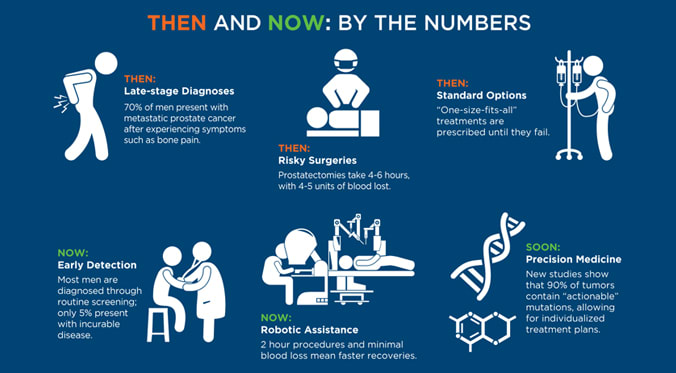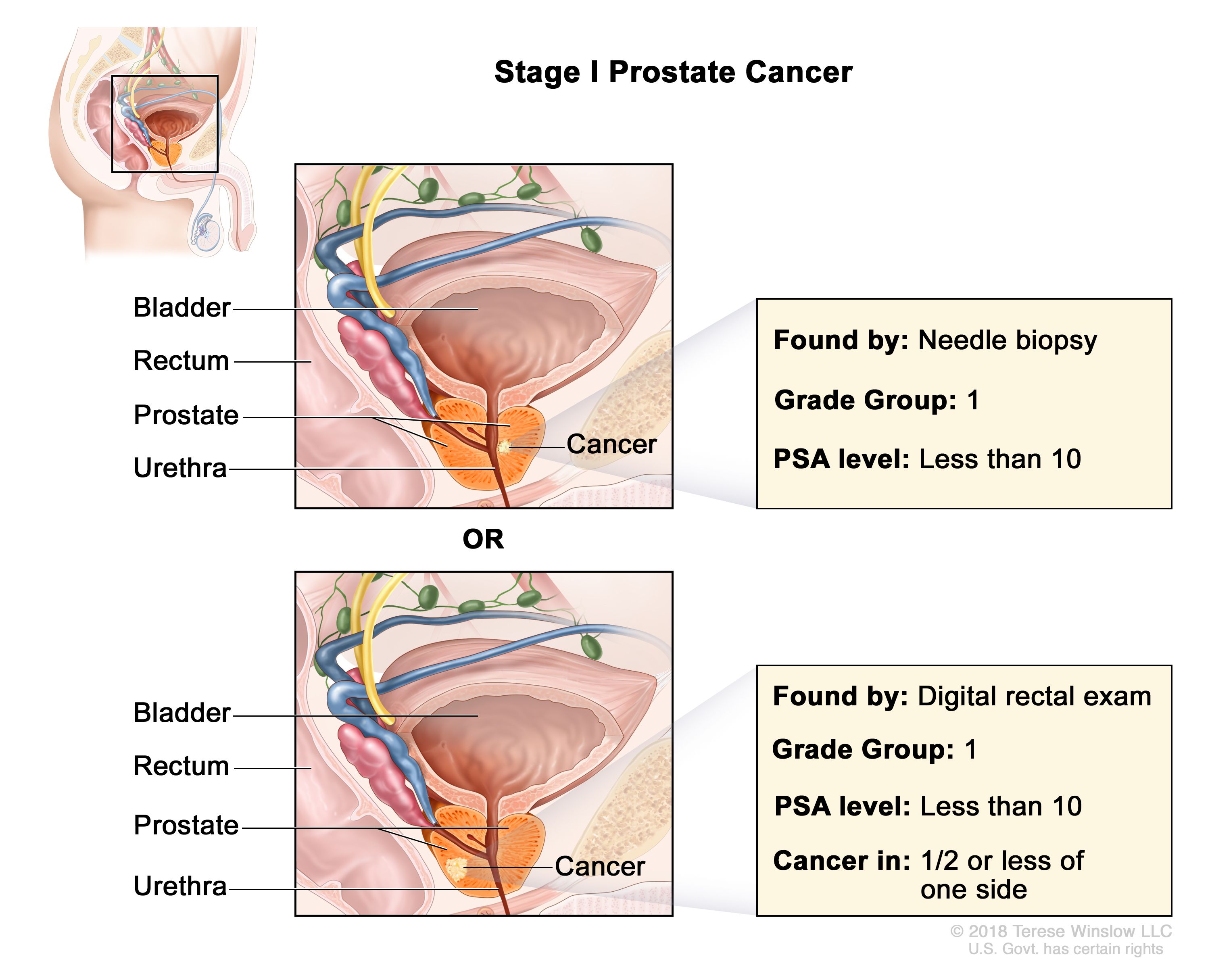Not known Facts About Best Prostate Cancer Hospital In Mumbai
Not known Facts About Best Prostate Cancer Hospital In Mumbai
Blog Article
Prostate Cancer Cells Treatment: Surgical and Non-Surgical Approaches Explained
When faced with a prostate cancer diagnosis, the range of treatment choices can seem frustrating. This detailed overview aims to lose light on the intricacies of prostate cancer treatment, offering insights into the details of each strategy to equip individuals in making notified choices regarding their health.
Surgical Therapy Options
When considering medical treatment alternatives for prostate cancer, individuals and health care carriers commonly consider the advantages and dangers connected with different treatments. This procedure is typically advised for individuals with local prostate cancer cells and supplies the capacity for a cure.
Another medical option is robotic-assisted laparoscopic prostatectomy, a minimally invasive procedure that makes use of a robot system to aid the cosmetic surgeon in removing the prostate. This method can cause much less blood loss, much shorter healthcare facility remains, and quicker recovery times compared to typical open surgery. Nevertheless, it additionally carries the threat of complications such as infection and injury to bordering organs.
Eventually, the option of surgical therapy for prostate cancer cells relies on numerous factors including the phase of the cancer, the patient's total health and wellness, and their choices pertaining to possible side impacts and recovery times. Consulting with a multidisciplinary team including urologists, oncologists, and radiation oncologists can assist individuals make notified choices regarding the most ideal surgical approach for their private situation.

Non-Surgical Treatment Alternatives
Thinking about options to medical treatments, non-surgical treatment alternatives for prostate cancer cells offer clients added opportunities for managing the disease while lessening prospective medical threats. One non-surgical technique is Energetic Surveillance, where clients with low-risk prostate cancer are checked very closely through routine exams, blood tests, and biopsies, without undertaking prompt therapy. This approach aims to avoid unneeded therapy and its affiliated adverse effects, such as incontinence and impotence.
Another non-surgical alternative is Radiation Therapy, which makes use of high-energy rays to kill cancer cells (best prostate cancer doctor). This therapy can be supplied on the surface utilizing a maker (Outside Beam Radiation) or inside via little contaminated pellets put near the growth (Brachytherapy) Radiation treatment can be made use of as a key therapy or in mix with other therapies, such as hormone therapy
Furthermore, Hormonal Agent Therapy is a non-surgical method that aims to decrease the levels of male hormonal agents (androgens) in the body, as these hormonal agents can fuel the growth of prostate cancer cells. By lowering or obstructing androgen levels, hormone treatment can slow down cancer cells development and relieve symptoms in innovative cases.
Robotic-Assisted Surgical Treatment for Prostate Cancer

One of the key benefits of robotic-assisted surgery for prostate cancer cells is its capability to reduce the threat of issues and side impacts typically associated with open surgical procedure, such as blood loss, pain, infection, and expanded recuperation times. Generally, robotic-assisted surgical procedure stands for an innovative method to prostate cancer cells therapy that combines technological advancements with medical know-how to enhance person results.
Radiation Treatment for Prostate Cancer
Making use of sophisticated radiation modern technology, radiation therapy plays a vital duty in the comprehensive treatment of prostate cancer cells. Radiation treatment utilizes high-energy radiation to ruin cancer cells and reduce tumors. It is a typical therapy choice for prostate cancer cells, either as a main therapy or in mix with surgery, hormonal agent treatment, or chemotherapy.
There are two main types of radiation therapy made use of for prostate cancer: outside beam radiation therapy (EBRT) and brachytherapy. These seeds produce radiation that kills the cancer cells over time.
Radiation therapy for prostate cancer is highly effective, with high remedy prices, specifically for local cancer. It is likewise a beneficial alternative for people that might not be ideal candidates for surgery. Like any treatment, radiation therapy may have adverse effects, such as urinary system problems, fatigue, and skin irritation, but these are commonly short-lived and manageable.
Hormone Treatment for Prostate Cancer
Hormone treatment is a commonly utilized therapy technique for prostate cancer management. Prostate cancer cells is often sustained by the man hormone testosterone. Hormonal agent treatment, likewise referred to as androgen deprivation treatment, intends to decrease testosterone levels in the body or obstruct the hormone's effects on the prostate cancer cells, hence reducing the condition's development. This treatment is particularly reliable in sophisticated stages of prostate cancer cells, where surgical procedure or radiation therapy might not suffice.
There are various kinds of hormonal agent therapy for prostate cancer cells, consisting of medicines that lower testosterone degrees (such as luteinizing hormone-releasing hormone agonists and villains), or medications that block testosterone from getting to cancer cells (like anti-androgens) Hormone treatment can be made use of alone or in combination with various other treatments like radiation treatment, depending on the phase and aggression of the blog cancer cells.
While hormone therapy can properly manage prostate cancer growth, it might feature adverse effects such as hot flashes, loss of sex drive, impotence, and osteoporosis - best prostate cancer doctor. Routine surveillance and discussions with medical care suppliers are crucial to handle these adverse effects and ensure the treatment's performance
Final Thought
To conclude, the therapy alternatives for prostate cancer cells include non-surgical and surgical approaches such as robotic-assisted surgical treatment, radiation therapy, and hormonal agent therapy. Each strategy has its own advantages and dangers, and the option of therapy relies on numerous variables such as the stage of cancer and overall health and wellness of the individual. It is vital for patients to talk about these choices with their health care service provider to identify the most appropriate program of action for their individual situation.

Using advanced radiation innovation, radiation treatment plays an essential duty in the thorough therapy of prostate cancer. It is a common therapy option for prostate cancer, either as a key treatment useful source or in mix with surgical procedure, hormone treatment, or chemotherapy.
Radiation treatment for prostate cancer is very reliable, with high remedy prices, particularly for localized cancer.Hormone treatment is a generally used therapy method for prostate cancer cells monitoring.In next page conclusion, the therapy alternatives for prostate cancer cells include non-surgical and surgical approaches such as robotic-assisted surgical procedure, radiation therapy, and hormone treatment.
Report this page